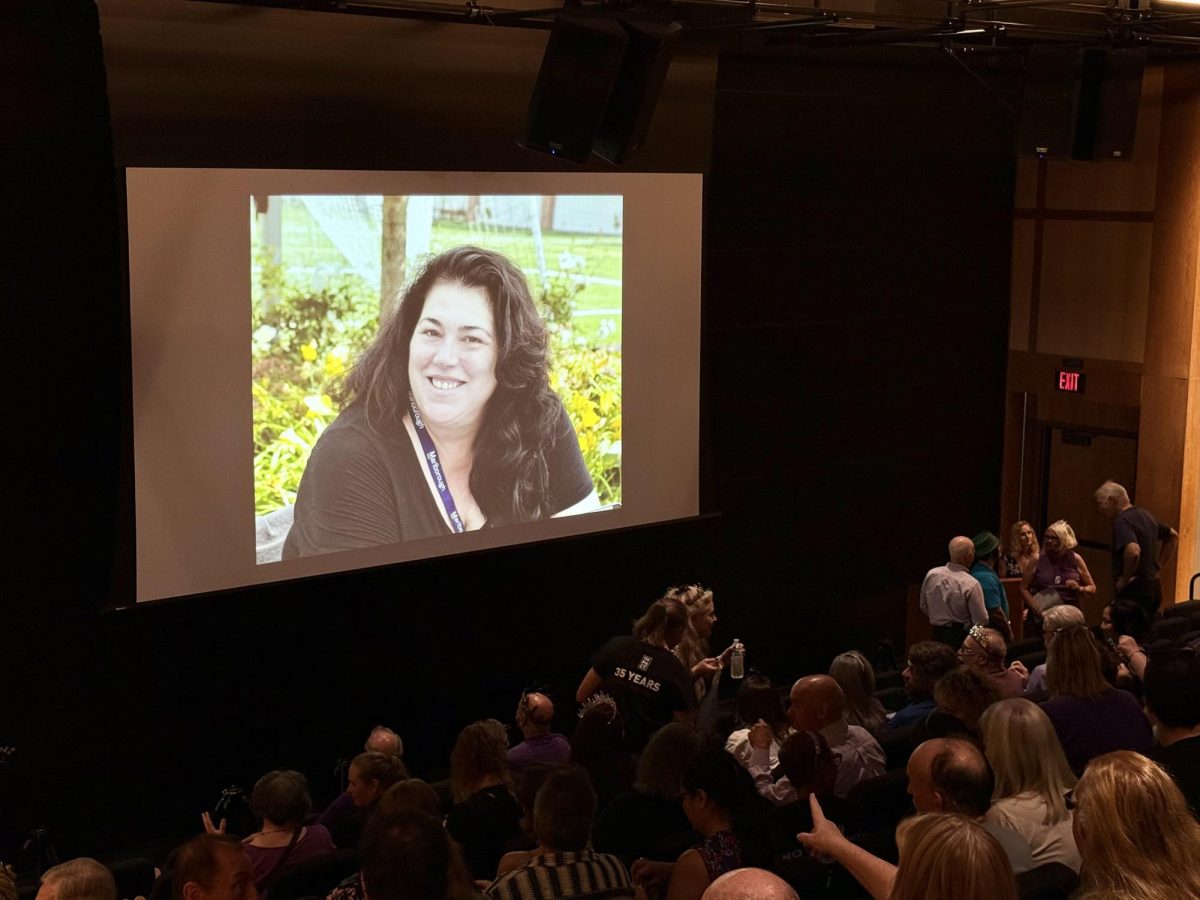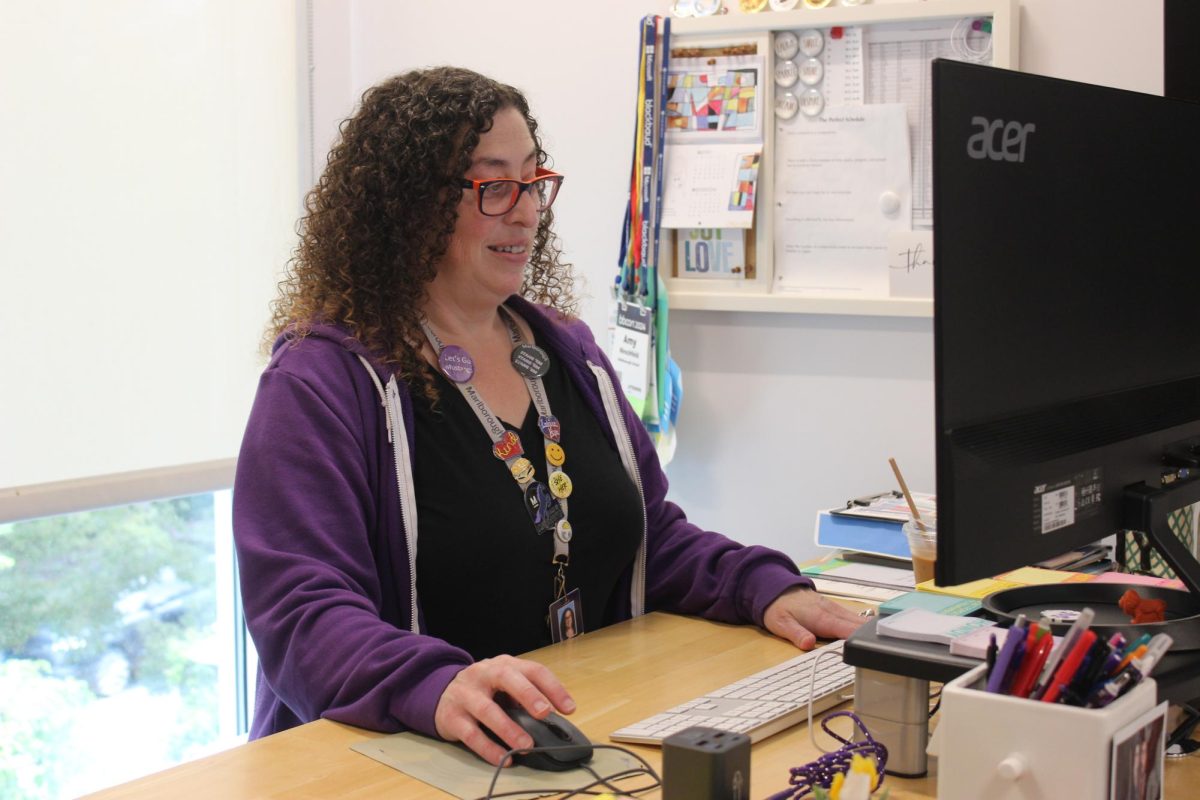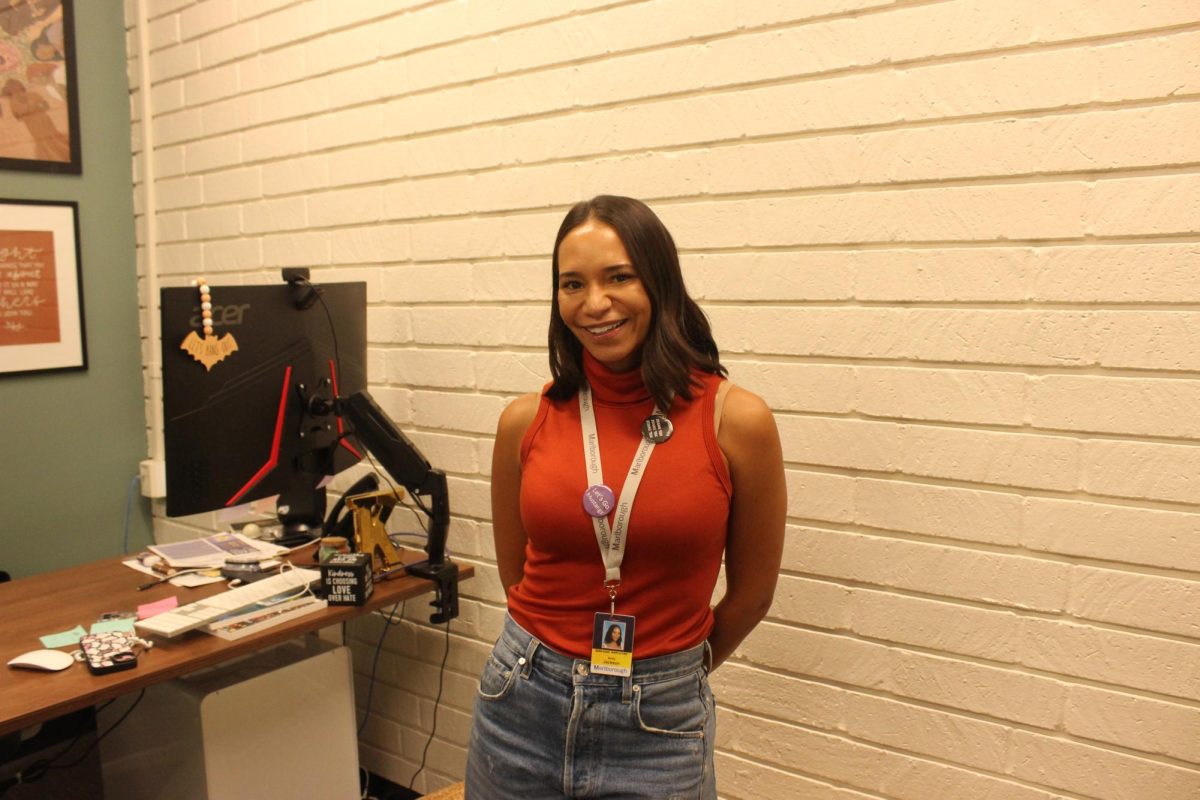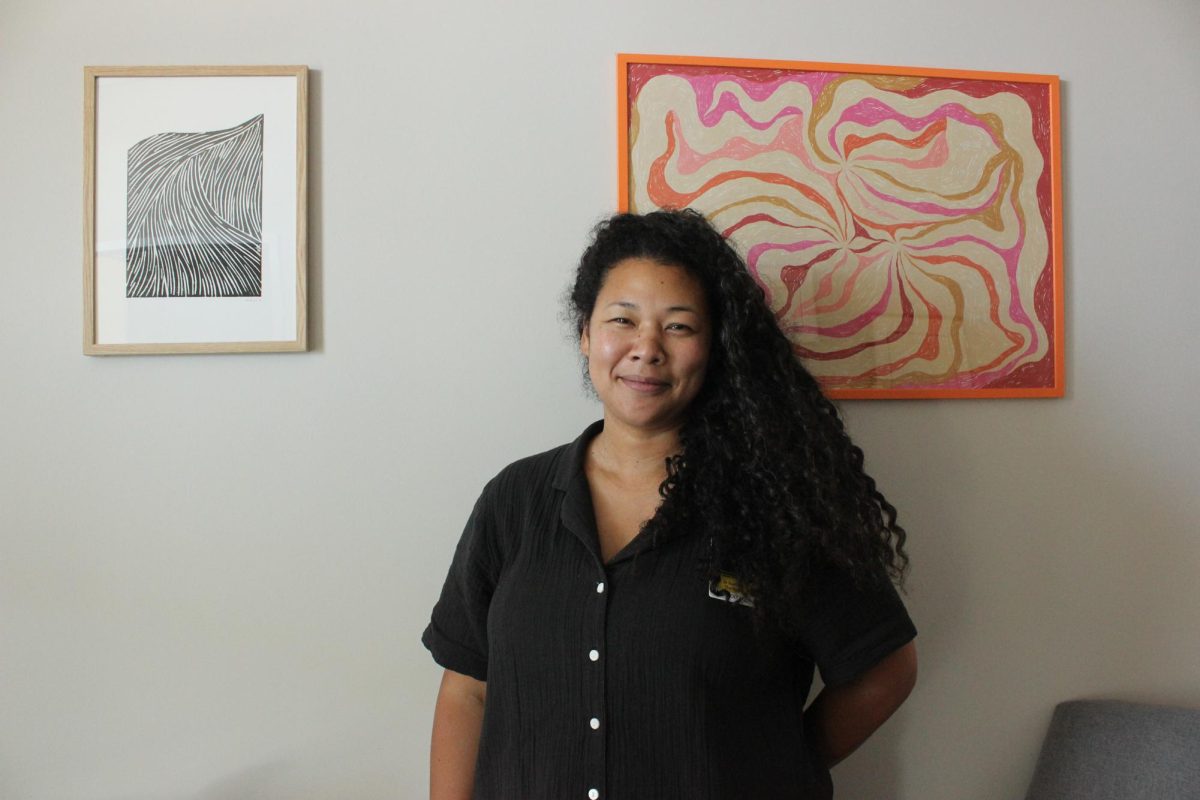Delilah ‘21 has been contributing to research for a new treatment for small cell lung cancer. The cancer, which kills about 140,000 people per year, with her honors research mentor, professor and pediatrician Dr. Brigitte Gomperts, about their research in small-cell lung cancer at UCLA.
Delilah is building an in vitro model of tumors that cause small-cell lung cancer, which she then subjects to different drug screenings in order to discover insights into the causes of the disease. The extensive review is a composition of existing research on small-cell lung cancer that they will submit to the Biochemical Society for peer-review.
The technology Delilah is using in her project introduces a new way to study the effects of lung cancer because it does not require cadaver tissue or live test subjects. The in vitro model is constructed outside of the human body.
The five-year survival rate of small-cell lung cancer is less than 5%, so Delilah aims to do more in-depth, patient-to-patient research in order to make chemotherapy more effective.
The purpose of the review is to aid Delilah and her mentor in deciding where their project fits in with the existing research on small-cell lung cancer and how they can pursue research that has not been done yet.
Delilah and her mentor were inspired to go more in-depth into the concept of growing organoids for lung cancer research because of a 2016 paper they found that was written about a previous experiment conducted in the lab, which paved the way for the process of generating organoids influencing Delilah’s study.

Staff Photographer Sophie ’21
Before Delilah started her research, she noticed one of the studies of small-cell lung cancer at her lab used mice to test and study tumors, calling into question ethics and accuracy. Mice models do not react the same to the tumors as humans do, so Delilah was also determined to create a more precise and ethical model for her project.
Delilah has been interested in science since 7th grade. She said she had a clear idea of the focus of her Honors Research project before she even applied to the program.
“Since the beginning of 10th grade, I knew that I wanted to be in a wet lab [where chemicals and other biological matter, rather than computer data, are tested and analyzed] and that I wanted to do something related to molecular biology and biomedical engineering,” Delilah said.
She is balancing her school courses with the commute and time commitment of an Honors Research project, but Delilah believes taking advantage of the Honors Research program is rewarding.
“Honors Research is a lot and it can be overwhelming,” Delilah said. “But if it is something you know you want to do and you are contemplating
going into a research or medical field, it’s a great experience.”






